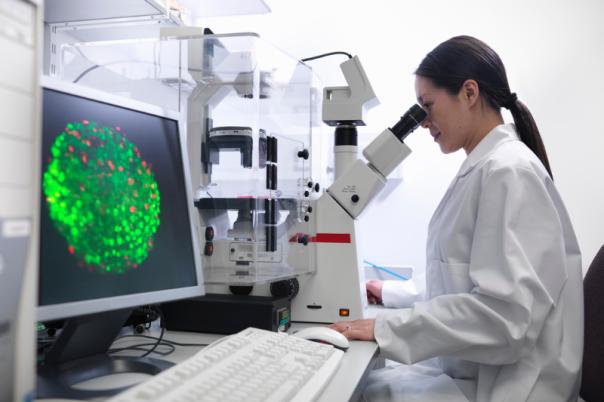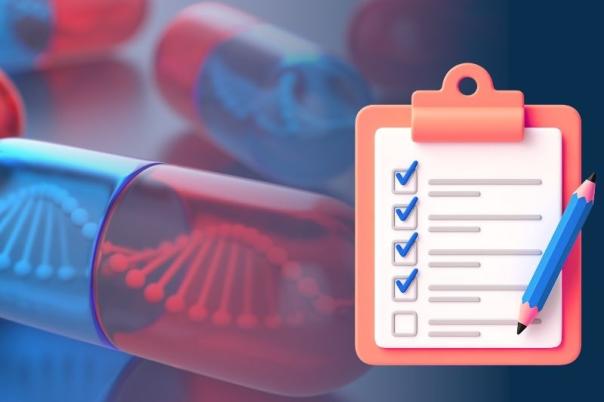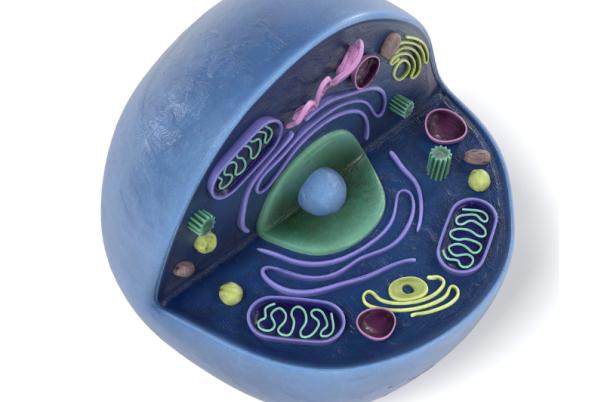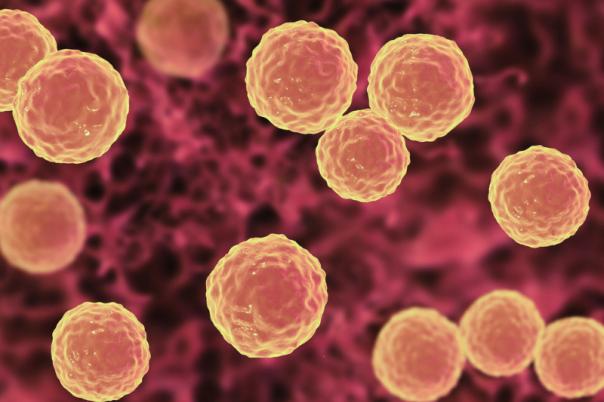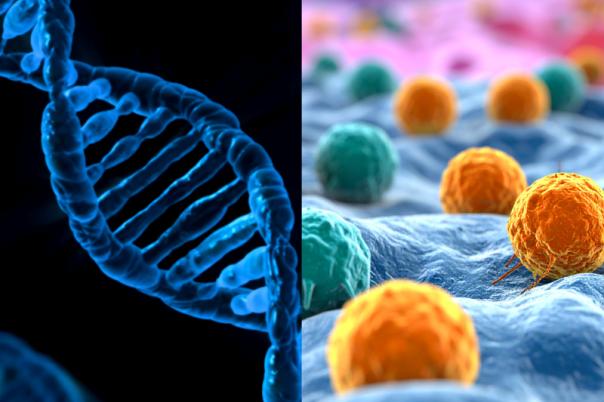A new paper published in Science has outlined a method for the in vivo generation of CAR T cells. The research, conducted by Capstan Therapeutics, reported the use of a gene delivery system which is able to modify CD8+ T cells in the body to express chimeric antigen receptors (CARs) for the treatment of cancers and autoimmune diseases.
Previous approaches have been ex vivo – relying on apheresis of the blood, isolation of T cells, then modifying and expanding them outside the body before being infused back into the patient’s bloodstream. The in vivo approach is different. Lipid nanoparticles carrying messenger RNA where able to target and engineer T cells subsets to express an anti-CD19 CAR in vivo.
Currently seven ex vivo CAR T cell therapies have already been approved for blood cancer indications. Here, the immune cells are modified to attack and kill malignant B cells. Now, this new technique may unlock the possibility of applying the modality to autoimmune diseases as well.
One of the problems with CAR T for autoimmunity is the need for a much larger population of therapeutic cells compared to cancer.
Haig Aghajanian, cofounder and vice president of research at Capstan Therapeutics told Chemical & Engineering News: “Some of the limitations of CAR T cells are that they’re really costly, they’re difficult to manufacture, and they're difficult to scale […] We’re getting really high levels of [B-cell] killing within hours, which was a huge surprise to us.”
Capstan’s commitment to expanding in the area of immunology was further evidenced on Monday with the announcement that the company is to be acquired by AbbVie, a key player in the field. AbbVie bought the biotech and its flagship in vivo CAR T therapy, CPTX2309, for $2.1 billion under the terms of the agreement.
“In vivo CAR-T represents a potential new treatment modality in medicine – embodying the transformative power of cell therapy with the accessibility and scalability of an off-the-shelf biologic. This technology has the potential to become a first-in-class platform to treat a wide range of autoimmune diseases,” said Laura Shawver, president and chief executive officer, Capstan.
“Through AbbVie’s world-leading expertise in immunology research, clinical development, and its commercialisation capabilities, we believe that this transaction moves us closer to delivering on our shared mission to bring these innovative therapies to patients in need.”


